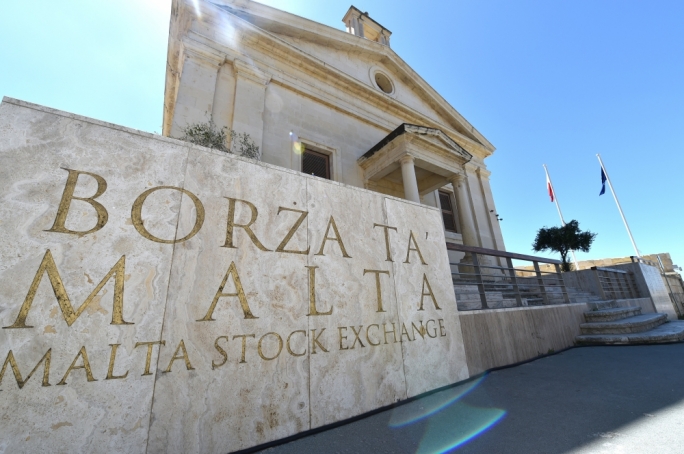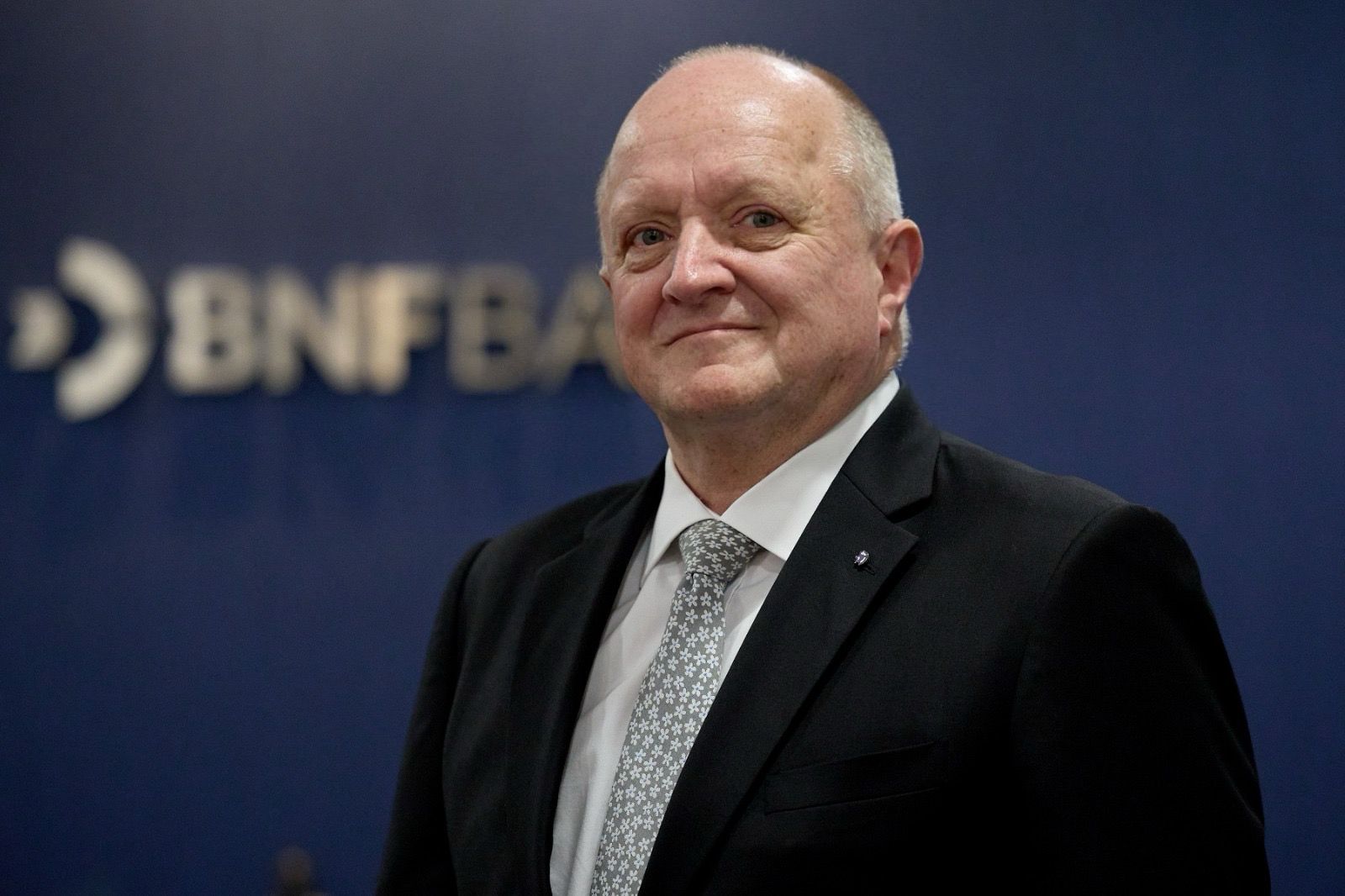Prior to the COVID-19 pandemic, I used to publish an article on an annual basis subsequent to the end of the reporting season highlighting the dividend yields available across the local equity market. Maltese investors give high importance to dividend returns and therefore the dividend league table is an important tool for investors. However, it is surely not the only metric that should be taken into consideration in the investment decision-making process.
In view of the suspension of dividends at the start of the pandemic in 2020 and in subsequent years, the dividend league table was not a good reference point. In fact, the inconsistency and lack of dividends from several companies is surely one of the main factors that contributed to the significant downturn in trading activity across the equity market since 2020.
As a result of the very strong return to normality across several companies post-COVID, over recent months most companies not only reinstated dividends but hiked dividends to the highest level in a long number of years. Currently, the very large majority of companies whose equity is listed on the MSE distribute a dividend and as such, it is now appropriate to reinstate the dividend league table. The dividends quoted are net of any tax at source. Many investors eventually earn higher dividends than those quoted in this article depending on their personal tax situation.
The company with the highest after-tax dividend yield is HSBC Bank Malta plc at just under seven per cent. The bank generated a record level of profitability in 2023 with pre-tax profits of €133.9 million mainly as a result of the hike in interest rates by the European Central Bank. The previous record level of profits for HSBC Malta was in 2007 at €114.6 million. During the pandemic, HSBC continued to distribute dividends to shareholders but these were very low in view of the equally low level of profitability. The total net dividends to HSBC Malta shareholders in respect of the 2023 financial year amounted to €0.0975 per share. This is the highest level of dividends since 2007 when excluding the special dividend distributed in 2017. The dividend payout ratio for HSBC Malta in 2023 was at ‘only’ 40 per cent compared to the payout ratio of 50 per cent of HSBC Holdings plc. Moreover, the dividend yield is also being calculated following the surge in the share price over recent months. For those investors who acquired HSBC shares during the course of 2023 at a lower share price, the yield would be well in excess of seven per cent. More importantly is the fact that HSBC Malta and other banks with similar business models are on course to register another very strong financial performance in 2024 in view of the interest rate environment. This was amply evident in the recent announcement wherein the bank published its financial highlights for the first quarter of 2024.
The second position in the dividend league table goes to BMIT Technologies plc with a yield of 6.5 per cent. Since the company’s Initial Public Offering in early 2019, dividends to shareholders were largely unchanged and continued even during the course of the pandemic. However, the increase in the yield is purely attributable to the decline in the share price which is 28 per cent below its IPO price of €0.49 per share. Moreover, as from this year, the company also provided shareholders with a scrip dividend option allowing them to subscribe for additional shares as opposed to a cash dividend. This had been disclosed to the market when the company was acquiring the tower network from its parent company GO plc. In fact, GO had also disclosed that it will be subscribing for its BMIT dividend in shares for a five-year period.
Malita Investments plc ranks in third position with a net dividend yield of 5.6 per cent. Similar to BMIT, the company consistently distributed dividends to shareholders since its IPO more than a decade ago. There is high visibility of the company’s income stream due to its business model and in the cash flow forecasts published in conjunction with the recent rights issue, Malita is projecting a constant dividend of €5.07 million until 2027, equivalent to a net dividend of €0.0237 per share (a yield of just under five per cent based on the current share price which is slightly below the IPO level and rights issue price of €0.50 per share).
Bank of Valletta plc also registered a record financial performance in 2023 amounting to €251.6 million pre-tax also largely as a result of the supportive interest rate environment. Unlike HSBC Malta however, BOV hardly distributed any dividends to shareholders over the last five financial years due to a number of company-specific issues including a large litigation that was settled in 2022. The spike in profits in 2023 and the settlement of these major litigation issues enabled the bank to distribute an interim dividend in December 2023. Moreover, a final net dividend of €0.0455 per share was approved by shareholders at last week’s Annual General Meeting which will now be paid in the coming days. The total dividend for FY2023 equates to a dividend payout ratio of 26 per cent and a net dividend yield of above five per cent based on the current share price. BOV is also on course for another very strong performance in 2024 and given the high levels of capital, this should enable the bank to at least maintain the current level of cash dividends also in respect of the current financial year.
Due to space restrictions, I have only commented on the four companies currently offering the highest yields. There are various other equities with current dividend yields above four per cent including some property companies which are also trading at a sizeable discount to their net asset value.
The rapid rise in interest rates by the ECB between the second half of 2022 and Q3 of 2023 must have dented appetite for the equity market despite the high dividend yields on offer. Although the upcoming rate cuts by the ECB starting from today’s monetary policy meeting could help generate added activity for these dividend-yielding equities, this is unlikely to be one of the main catalysts that can support increased focus towards the equity market.
In my view, the introduction of share buybacks enabling a possible exit route for equity investors as well as a consistent injection of fresh funds into the capital market could be the more important catalysts for a change in investor sentiment across the equity market. Over recent weeks, both BOV and MIA indicated that they will be studying initiatives to improve shareholder value.
Moreover, at the recent conference organised by the Institute of Financial Services Practitioners, the Minister of Finance announced that in the next budget, third pillar pensions will become mandatory across a substantial cross section of the working population and incentives will be provided both for the pension providers as well as for the contributors to encourage some of this capital to be invested domestically.
These initiatives could really be the catalysts for renewed enthusiasm towards the equity market which could then support new equity issuance going forward.
Read more of Mr Rizzo’s insights at Rizzo Farrugia (Stockbrokers).
The article contains public information only and is published solely for informational purposes. It should not be construed as a solicitation or an offer to buy or sell any securities or related financial instruments. No representation or warranty, either expressed or implied, is provided in relation to the accuracy, completeness or reliability of the information contained herein, nor is it intended to be a complete statement or summary of the securities, markets or developments referred to in this article. Rizzo, Farrugia & Co. (Stockbrokers) Ltd (“Rizzo Farrugia”) is under no obligation to update or keep current the information contained herein. Since the buying and selling of securities by any person is dependent on that person’s financial situation and an assessment of the suitability and appropriateness of the proposed transaction, no person should act upon any recommendation in this article without first obtaining investment advice. Rizzo Farrugia, its directors, the author of this article, other employees or clients may have or have had interests in the securities referred to herein and may at any time make purchases and/or sales in them as principal or agent. Furthermore, Rizzo Farrugia may have or have had a relationship with or may provide or has provided other services of a corporate nature to companies herein mentioned. Stock markets are volatile and subject to fluctuations which cannot be reasonably foreseen. Past performance is not necessarily indicative of future results. Foreign currency rates of exchange may adversely affect the value, price or income of any security mentioned in this article. Neither Rizzo Farrugia, nor any of its directors or employees accepts any liability for any loss or damage arising out of the use of all or any part of this article.
A chaotic start to 2026
Steady gains in January, but unprecedented swings in commodities, currencies and tech stocks
Strengthening leadership for BNF Bank’s next phase of growth
Two senior Executive Committee appointments signal BNF Bank’s commitment to building a strong leadership foundation for sustainable growth
Revisiting the idea of privatising the Malta Stock Exchange
The involvement of international institutional investors is likely to result in a more liquid secondary market, notes Edward Rizzo







